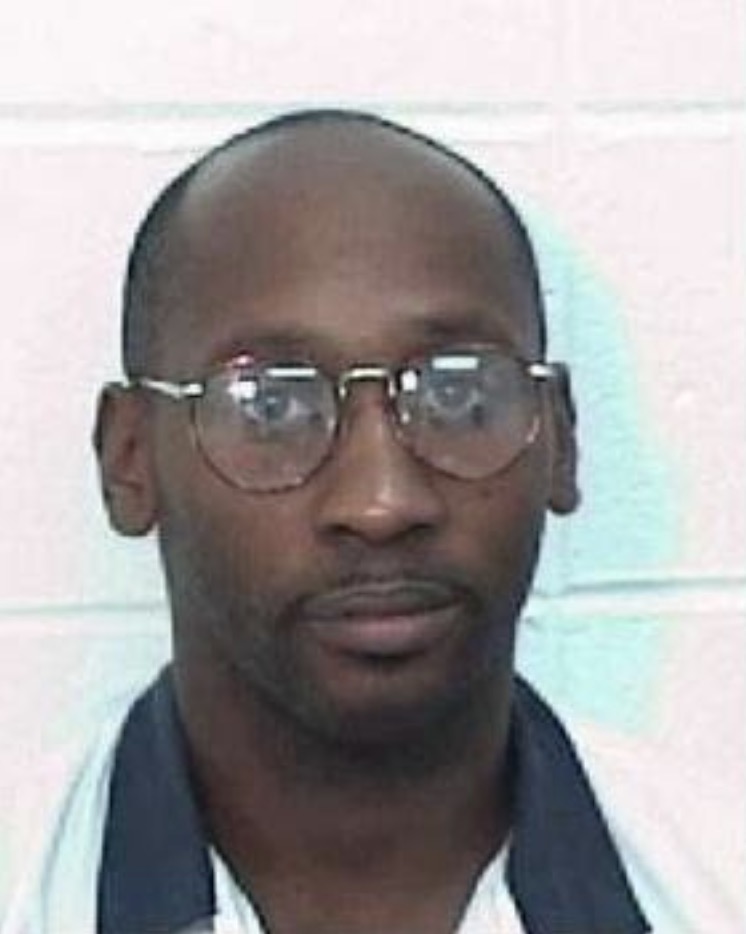Troy Davis: the Execution of an Innocent Man
Troy Anthony Davis always maintained his innocence for the 1989 murder of Savannah police officer Mark MacPhail. No physical evidence linked him to the crime. He was convicted solely on the basis of shaky eyewitness testimony.

The Georgia Resource Center began representing Mr. Davis in state habeas proceedings. Resource Center staff uncovered critical contradictions in witness testimony and exposed rampant police coercion of some of those same witnesses. Ultimately, seven of the nine principle witnesses for the prosecution’s case had either altered their statements or recanted them entirely. Many of these witnesses cited pressure from police as the reason why they had testified against Mr. Davis. The appellate courts refused to hear this claim, however, insisting that the evidence should have been presented in earlier stages of Mr. Davis’s appeals.
After the courts had turned down his legal claims, the State of Georgia set an execution date for Mr. Davis on July 17, 2007. On the day before his execution date, Mr. Davis was granted a 90 day stay of execution by the Georgia State Board of Pardons and Paroles so that the evidence presented in his case, given the claims of contradicting witness statements and police coercion, could be reviewed. Mr. Davis had two other execution dates stayed in 2008, one by the United States Supreme Court and one by the U.S. Court of Appeals for the Eleventh Circuit. Still, the State pressed on, and another execution date was set for September 21, 2011.
Many jurors who served on Mr. Davis’s trial later stated that they believed the new evidence of the many recantations and the police pressure on witnesses, on top of the flaws in the State’s case, had changed their perspective on the case and the sentence they had given to Mr. Davis. One juror, Brenda Forrest, said “To execute Mr. Davis in light of this evidence and testimony would be an injustice to the victim’s family [and] to the jury who sentenced Mr. Davis.”
Voices from Georgia, other states, and all over the world protested the execution of an almost certainly innocent man. Prominent figures from all over the world spoke out against his execution, including former head of the FBI William Sessions, Pope Benedict IXVI, several representatives for the European Parliament, and former President Jimmy Carter called for clemency from the Georgia Board of Pardons and Paroles, which would have resulted in a life without parole sentence. Yet despite the public outcry, the Board of Pardons and Paroles denied Mr. Davis’s request for clemency, and Mr. Davis was executed. The work of the Resource Center, and its many critical partners along the way, not only brought to light more proof of Mr. Davis’s innocence but also directed the world’s attention to crucial errors within the death penalty system that have allowed Georgia to kill innocent people for crimes they did not commit.
